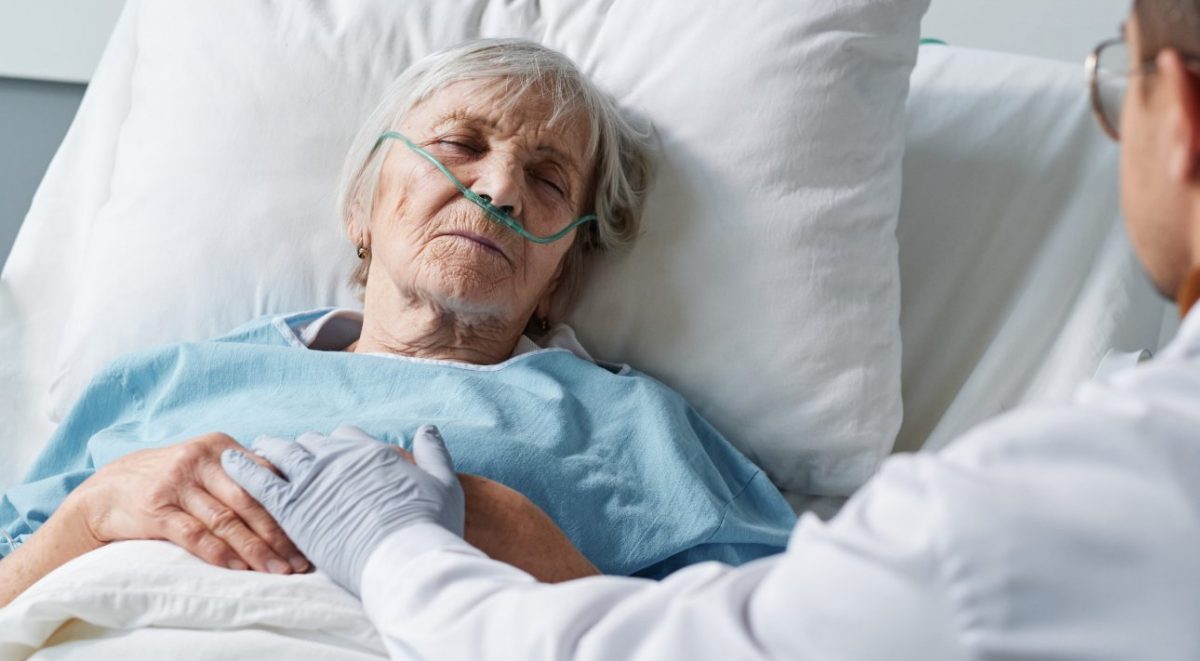
As nurses, we are no strangers to suffering, courage, or the fragile edge between life and death. After decades in critical care, flight nursing, and death investigation, I found myself drawn not to more adrenaline — but to stillness. To presence. To the sacredness of life’s final chapter.
Today, I work as an End of Life Support Practitioner — sometimes called a death doula — offering compassionate, non-medical support to individuals and families as they face the end of life. This role has become a natural extension of my nursing identity, one rooted in presence rather than procedures.
It is a kind of nursing that calls us to pause, to witness, and to walk alongside.
I support people receiving palliative or hospice care, those exploring Medical Assistance in Dying (MAiD), and families preparing for a home death. Some clients want someone to sit with them in silence. Others want help navigating paperwork, planning rituals, or making peace with estranged family. Some just want to feel safe and seen.
Often, my presence is most needed not in dramatic moments, but in the in-between — the hours after the last treatment ends, when the world grows quiet and questions deepen: What now? How do I say goodbye? Who will sit with me when I go?
Nurses are uniquely equipped for this work. We understand the body. We know how to read subtle changes, how to hold emotional intensity, and how to build trust in vulnerable moments. But this work also asks us to lead with our humanity — our capacity to listen deeply, to hold space, and to bring calm to uncertainty.
In many ways, stepping into end-of-life support has been a return to the essence of nursing — not fixing, but being with.
It has also been profoundly healing. For years, I moved quickly through high-acuity environments, often suppressing my own emotional responses in order to care for others. This work invites slowness. It teaches reverence. It has helped me reconnect with my own grief, my own capacity for presence, and my own belief in the sacredness of imperfection.
If you are a nurse feeling called to work that is soulful, relational, and grounded in meaning — I encourage you to explore this path. Whether as a volunteer, part of a palliative care team, or an independent practitioner, your skills and heart are deeply needed.
Because in the end, it is not just how we die that matters — it’s how we are accompanied.
_____________________________________________________________
Want to Learn More?
By Jane Bartlett, RN, MN | End of Life Support Practitioner
Compassionate Sacred Transitions
[email protected]
